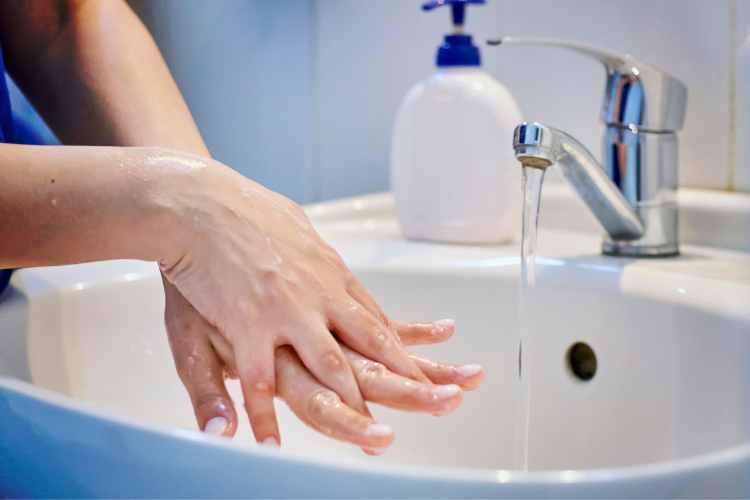In Melbourne, healthcare providers are regulated by the Australian government’s Department of Health and must comply with national guidelines for infection prevention and control. The latest statistics reveal that 24% of healthcare facilities in Melbourne lack access to essential water services, while 10% lack sanitation services. These numbers are concerning and emphasise the urgent requirement for adopting hygiene services in Melbourne healthcare facilities. Infectious diseases can spread rapidly through communities, causing significant harm to public health and economic activity. It is essential to have adequate measures to prevent these diseases’ spread, particularly in public spaces. Hygiene managers play a crucial role in preventing the spread of infectious diseases, and the following points will explore how they can achieve this.
Hygiene management in public spaces
Public spaces, such as schools, hospitals, and workplaces, are particularly susceptible to the spread of infectious diseases. People come into contact with one another, touching surfaces and potentially spreading germs. The supervisors’ role is to ensure that these spaces are kept clean and safe for all users.
One of the critical responsibilities of the coordinators is to develop and implement cleaning protocols that reduce the risk of infectious diseases. They must ensure that high-touch areas, such as door handles and countertops, are disinfected regularly. They must also ensure that shared equipment, such as keyboards and telephones, are cleaned between uses.
Hand hygiene
Hand hygiene is one of the most effective ways to prevent the spread of infectious diseases. Hygiene managers can promote good hand hygiene practices by ensuring that hand sanitiser stations are readily available in public spaces. They can also educate staff and visitors on the importance of hand hygiene and how to perform it correctly.
Furthermore, the supervisors can work with facilities management teams to ensure that hand soap and paper towel dispensers are always stocked. By ensuring that these basic amenities are always available, hygiene managers can promote good hand hygiene practices and reduce the risk of spreading infectious diseases.
Personal protective equipment
Personal protective equipment (PPE) is essential in preventing the spread of infectious diseases. Hygiene managers can ensure appropriate PPE is provided to staff, visitors, and patients in public spaces. This may include face masks, gloves, and gowns.
They must also ensure that PPE is used correctly. They must train staff to put on and take off these gears and dispose of them correctly.
Environmental cleaning
Environmental cleaning is another essential aspect of the hygiene management. Hygiene managers must ensure that public spaces are cleaned thoroughly and regularly to prevent the spreading of infectious diseases. They must also ensure that cleaning products are used correctly and are effective in killing germs.
They can work with cleaning staff to develop schedules that ensure public spaces are cleaned regularly. They can also ensure that cleaning staff are adequately trained and equipped to perform their duties effectively. Maintaining high cleanliness levels in public spaces can prevent the spreading of infectious diseases.
Outsourcing hygiene services
In many cases, it may be beneficial for organisations to outsource their hygiene services to specialist providers. Hygiene services in Melbourne, for example, can provide organisations with access to specialist knowledge and expertise, as well as the latest cleaning technologies and products.
Organisations can ensure that their public spaces are kept clean and safe by outsourcing hygiene services without diverting internal resources. This can be particularly beneficial for smaller organisations needing more resources to maintain high hygiene management in-house.
In conclusion, hygiene managers play a crucial role in preventing the spread of infectious diseases. By developing and implementing the best hygiene services in Melbourne, promoting good hand hygiene practices, ensuring the correct use of PPE, and maintaining high levels of environmental cleanliness, hygiene managers can help keep public spaces safe for all users. In some cases, outsourcing hygiene services to specialist providers may be beneficial, particularly for smaller organisations.

